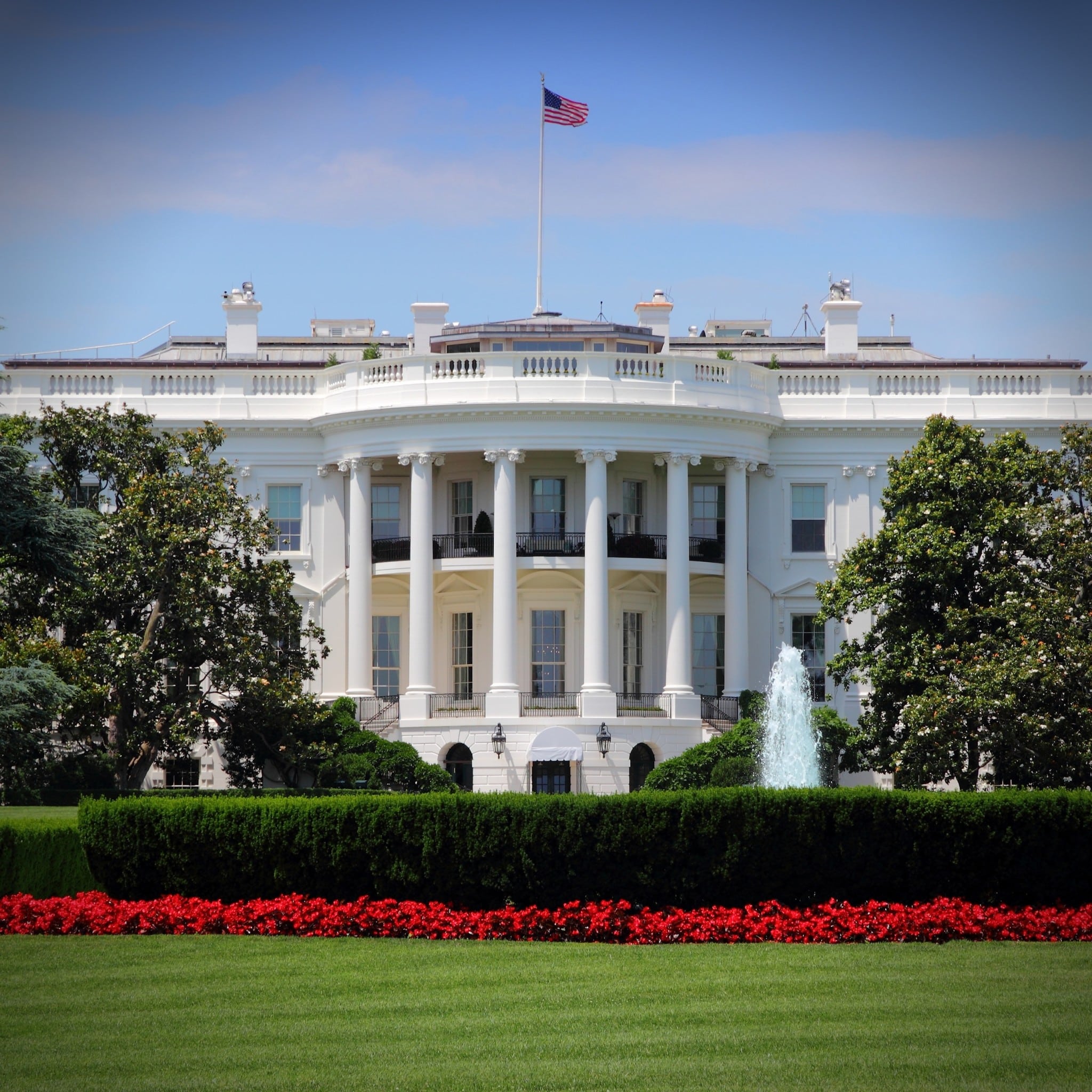

CEO, Paine Publishing
If you’re from New England and you’ve had a week of beautiful warm weather, you feel guilty. As if somehow you don’t deserve it and pretty soon Mother Nature will make you pay. Perhaps it’s the legacy of the Calvinists who founded the place, but we always seem convinced just when things are going great, doom is just around the corner.
This pretty much is the case with both of our crisis cases. Traditional media has been rejuvenated during the past 18 months. Subscriptions at several highly visible media outlets are up, in-depth investigative journalism is enjoying a renaissance and the need for a free press seems abundantly clear.
Guess Who’s Coming to Dinner?
Then came the White House Correspondents’ Association (WHCA) dinner April 28. The WHCA exists to support all those things, but somehow this year’s dinner, and particularly the response to its headliner, Michelle Wolf, took conversations in an entirely different direction. And it wasn’t pretty.
Similarly at Tesla, after years of riding high on the strength of a charismatic CEO and cool products, it seems to be hitting a wall. And that’s not just a metaphor. One of its cars crashed into a highway divider, killing the driver. The Center for Investigative Reporting released a scathing report on its safety record, and The Street named it “the most hated stock on Wall Street.”
Whether the appropriate aphorism is “pride goeth before a fall” or “if you don’t like the weather just wait a minute,” there are important lessons for crisis communicators in both of these situations.

WHCA
It’s normal to see some controversy in the wake of the annual WHCA dinner. The routines of Stephen Colbert, Larry Wilmore and Hasan Minhaj generated lively debates on and offline.
What was different this year was the WHCA took the unprecedented step of attempting to distance itself from the headliner it invited. In a letter to members, Margaret Talev, White House correspondent for Bloomberg and the WHCA president, said, “Last night’s program was meant to offer a unifying message about our common commitment to a vigorous and free press…while honoring civility, great reporting and scholarship winners. Unfortunately, the entertainer’s monologue was not in the spirit of that mission.”
A Known Wolf
That entertainer was Michelle Wolf, a contributor to The Daily Show, who recently had a special on HBO and will be hosting a weekly television series, The Break with Michelle Wolf, on Netflix, so her style of humor was not unknown. As several people have noted, the WHCA is composed of reporters who investigate issues for a living. A few minutes watching Wolf on YouTube would have been advisable before issuing the invitation.
Talev’s letter was like a dose of plutonium to what already was a firestorm of tweets, op-eds and rants from both sides of the political spectrum that erupted as Wolf was delivering her monologue. In response, Talev did the rounds of interviews remonstrating that she didn’t want the dinner to be judged by Wolf’s “15 minutes.” Her letter ensured that it would be, of course.
On one side there was the expected throwing of flames from @realdonaldtrump, fake rage about how unfair it was that Wolf criticized White House spokesperson Sarah Huckabee Sander’s looks and calls for the dinner to be killed.
In response journalists and comedians flooded the airwaves with commentary, most of which found it ironic that at a dinner celebrating free speech a comedian who exercised her right to speak truth to power was condemned for it by the organization that invited her.
Her former bosses, including Stephen Colbert, Seth Meyers and Trevor Noah, came to her defense, pointing out that much of her language is similar to what the president uses.
As always, that which makes you the angriest are the things you know to be true.
Wolf’s most potent zinger was aimed straight at the Washington press corps: “You guys are obsessed with Trump. Did you used to date him? Because you pretend like you hate him, but I think you love him. I think what no one in this room wants to admit is that Trump has helped all of you. He couldn’t sell steaks or vodka or water or college or ties or Eric, but he has helped you. He’s helped you sell your papers and your books and your TV. You helped create this monster, and now you’re profiting off of him. And if you’re gonna profit off of Trump, you should at least give him some money because he doesn’t have any.”
The dinner has long been slammed by media critics like Bob Garfield for being a venue for cronyism between the powerful and the people who cover them. Talev’s call for civility sounded to many in the Fourth Estate like a call for servility and self-censorship. Others suggested calls for gentler treatment of Sanders were sexist and Wolf’s honesty was the cure that Washington needs.
In the end, Talev and the WHCA came off worse than Wolf or any of those she skewered. Jon Lovett, a former Obama speechwriter and host of the hit podcast Lovett or Leave It, may have put it best: “The White House Correspondents’ Dinner is now a zombie. It died when Barack Obama left office. Then, while everyone was sleeping in their beds, the Dinner came back, cold and gray and dead, and it beat on the doors of Washington to eat the brains of the White House Press Corps and it succeeded.”

Tesla
For years Tesla was a darling of Silicon Valley and Wall St. with a cachet any car company would envy. CEO Elon Musk stayed above the muck that envelopes many CEOs. Despite crashed rockets, failed deadlines and a lack of profits, its stock soared. It had no trouble attracting and keeping talent (it employs some 40,000) and its media coverage was mostly glowing.
Then came 2018.
If it all seemed too good to be true, it was. Within the past few months: a Tesla in self-driving mode killed its driver after he had warned the company of flaws in the software; the Center for Investigative Reporting produced a scathing report on Tesla’s dubious safety record; alarms at the Better Business Bureau were raised due to frequent and unresolved customer complaints; and The Street named it “the Most Hated Stock on Wall St.,” citing those demonstrating their lack of confidence in Tesla by shorting its shares.
After years of essentially doing promotional PR, now it needed all the crisis communications chops it could muster. Surprisingly it was caught flat-footed. While it seems to be weathering the storm far better than might be expected, for all its product innovations and the genius of its founder, its crisis response has been predictable.
In response to the death of a customer, its explanation appeared to blame the owner. In a response to a Reveal podcast about safety, a Tesla spokeswoman repeatedly said she’d “have to look into that,” indicating a lack of awareness about the issue.
And when Goldman Sachs recommended selling Tesla stock, Musk flippantly tweeted, “Place your bets.”
I could write another column about how moving fast, breaking things and doing things differently sounds better than it is. I’m sure Musk thought he was being “true to himself” and “out of the box” during a May 2 call with analysts in which he called investors “boneheaded” and “absurd,” and told them not to buy his stock and then pledged to “burn” anyone who shorted it.
But after shares tanked, he was back on Twitter calling himself “foolish” for even dealing with them.
Sadly, the one piece of news that would have increased trust in the company—the pledge to be more transparent with the data it has on the performance of their autonomous car—got buried in the brouhaha.
As they say, what goes around comes around.
CONTACT: [email protected]
